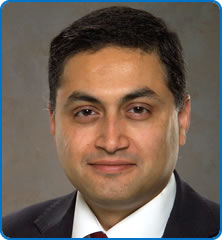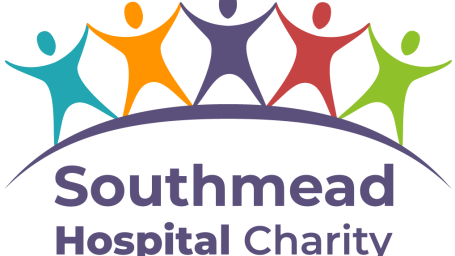The Family History Clinic is run by Dr. Alice Moody. You must seek a direct referral from your GP. After this, the team will send you a questionnaire about your family history and general health.
It is really important for you to complete this as fully as possible, as the information you provide is integral to your risk being calculated accurately. We ask you that please return within 8 weeks. Please use this opportunity to ask your family members to help you answer any of these questions.
Following review of this, if there is a need, we will make you an appointment at the family history clinic.
The appointment is virtual, using a simple video link. There is no need to set up an account. If your preference is for a face-to-face appointment, this can be arranged.
During the appointment, the questionnaire is reviewed, and any further or missing information is gathered, and a risk assessment made. The risk assessment is calculated, using various tools and guidelines.
These results are then explained, and a recommendation made based on the NICE guidelines.
Recommendations might be that:
- You are too young to start mammograms yet.
- You should start annual mammography before age 50.
- You should have routine 3 yearly breast screening mammograms from age 50 - 70.
- You may need MRI screening (recommended for some very high risk patients).
- A referral for genetic testing is recommended.
- A discussion about taking risk reducing medication in our co-clinic.
Family History Clinic Team
Our team is made up of:
Dr Alice Moody, Specialist Doctor. Family History Lead, High Risk lead.
Dr Claire Asby, Trainee Breast Clinician.
Dr Laura Coates, Trainee Breast Clinician.
Dr Sarah Agombar, Trainee Breast Clinician.



